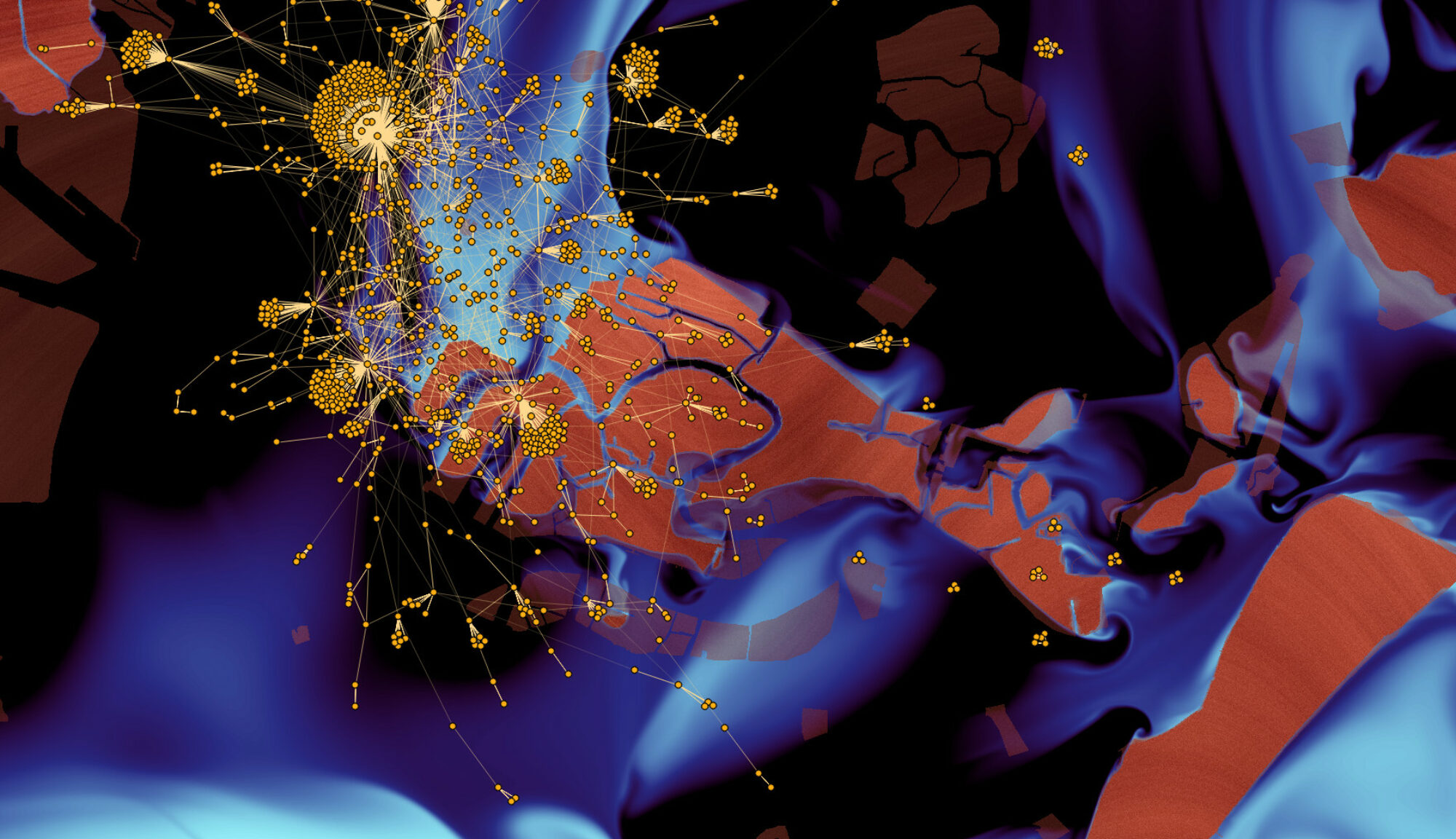Anastasios Giovanidis, Bruno Baynat, Clémence Magnien, and Antoine Vendeville
IEEE Transactions on Networking, 2021
We introduce an original mathematical model to analyse the diffusion of posts within a generic online social platform. The main novelty is that each user is not simply considered as a node on the social graph, but is further equipped with his/her own Wall and Newsfeed, and has his/her own individual self-posting and re-posting activity. As a main result using our developed model, we derive in closed form the probabilities that posts originating from a given user are found on the Wall and Newsfeed of any other. These are the solution of a linear system of equations, which can be resolved iteratively. In fact, our model is very flexible with respect to the modelling assumptions. Using the probabilities derived from the solution, we define a new measure of per-user influence over the entire network, the Ψ-score, which combines the user position on the graph with user (re-)posting activity. In the homogeneous case where all users (re-)post with the same rate, it is shown that a variant of the Ψ-score is equal to PageRank. Furthermore, we compare the new model and its Ψ-score against the empirical influence measured from very large data traces (Twitter, Weibo). The results illustrate that these new tools can accurately rank influencers with asymmetric (re-)posting activity for such real world applications.
